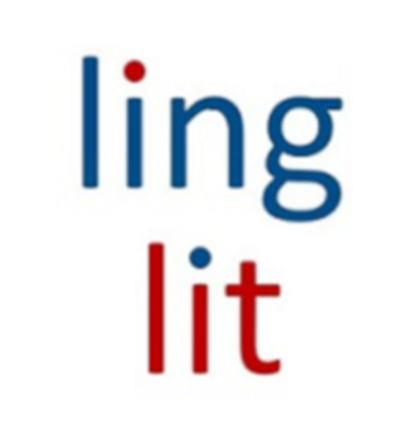
Torben Jordan StEx
Contact
torben.jordan@tu-...
Work
S3 |13 232
Residenzschloss 1
64283
Darmstadt
Since October 2025 Research Associate at the Department for Digital Editing and Cultural History of the Middle Ages – LOEWE-Exploration: „Embedding the Past: Historische Quellen für KI zugänglich machen“, Technical University of Darmstadt
Since May 2025 Ph.D. Candidate at the University of Kassel (Medieval History – Prof. Dr. Ingrid Baumgärtner)
2024–2025 Research Assistant, Academy Project “Burchards Dekret Digital”
2017–2024 Studied Teaching for Secondary Schools with the Subjects History and English, University of Kassel
2023–2024 Students Assistant, Academy Project “Burchards Dekret Digital”
2021–2024 Elected Student Council Member, Faculty of Social Sciences, University of Kassel
Summer Term 2023 Co-Organization of the Autonomous and Interdisciplinary Lecture Series 'Gewalt und Körper – Dimensionen Sexualisierter Gewalt' (Students Council Faculty Social Sciences, University of Kassel)
2019–2024 Teaching Assistant, Department of Medieval History, University of Kassel
2018–2023 Student Assistant, Department of Medieval History, University of Kassel
- History of Knowledge and Cultural History
- History of Medicine
- Text-Image Relations
- Digital Humanities
- Codicology and Palaeography
Ibn Butlan's Tacuinum sanitatis. The Transformation of Knowledge from the 11th to the 16th Century
The dissertation project examines Ibn Butlan's Tacuinum sanitatis, a medieval medical Treaty that seeks to guide its readers how to live a healthy life. Ibn Butlan was an Arabic scholar, who wrote the Arabic version (Taqwîm al-Ṣiḥḥa) in the 11th century. It was translated to Latin in the mid-13th century and spread in different forms in medieval Europe. The Tacuinum sanitatis condenses medieval medical knowledge in forty tables including the humoral pathological effects of food, drinks, clothes, daily activities and more on the human body. This project investigates the transmission and transformation of the medical entries and, thereby, focuses on the Latin and vernacular translations of late medieval Europe. Three levels will be considered during the analysis: first, the items that change on a medical or textual level will be analyzed, second, the items that change due to intercultural or regional differences will be taken into account, and thirdly, the transformation of the manuscripts in regards to their layouts and illumination will be explored, which will show how forms of representation imply specific intercultural situations of reading and reception.
Additionally, the project seeks to include previously unexplored manuscripts and combine theoretical approaches from cultural history and history of knowledge to write a history of reception for the Tacuinum sanitatis and its many multimodal processes of transformation. Lastly, it will add new perspectives to the intercultural history of medical knowledge in medieval Europe.
Co-Editor, Digital Self Study Course Medieval History, University of Kassel, available at: https://openmoodle.uni-kassel.de/course/index.php?categoryid=28.
Conference Report, 8. Italientag (Universität Kassel): Bibliotheken als Räume des Wissens, in: H-Soz-Kult (2022), https://www.hsozkult.de/searching/id/fdkn-131164?title=8-ita-li-en-tag-bi-blio-the-ken-als-raeu-me-des-wis-sens&recno=2&q=italientag&sort=&fq=&total=13.
„Der Rettich und die Gesundheit: Eine medizinhistorische Wissensgeschichte der Ernährung am Beispiel des Tacuinum sanitatis des Ibn Butlans“ at the Conference: Food Studies – Quo vadis? Interdisziplinäre Potenziale zur Erforschung einer Ernährungsgeschichte des Mittelalters (Erfurt, 13.–14. November 2025). [Publication Forthcoming]
“Mittelalterliche fantastische Kreaturen und wo sie zu finden sind: Die Ebstorfer Weltkarte (c. 1300) im Zwiespalt von Geografie und Fantastik” at the 15. Annual Conference of the German Association for Research in the Fantastic on the Topic 'Fantastic Climates' (Kassel, 5.–7. September 2024). [Publication Forthcoming]


